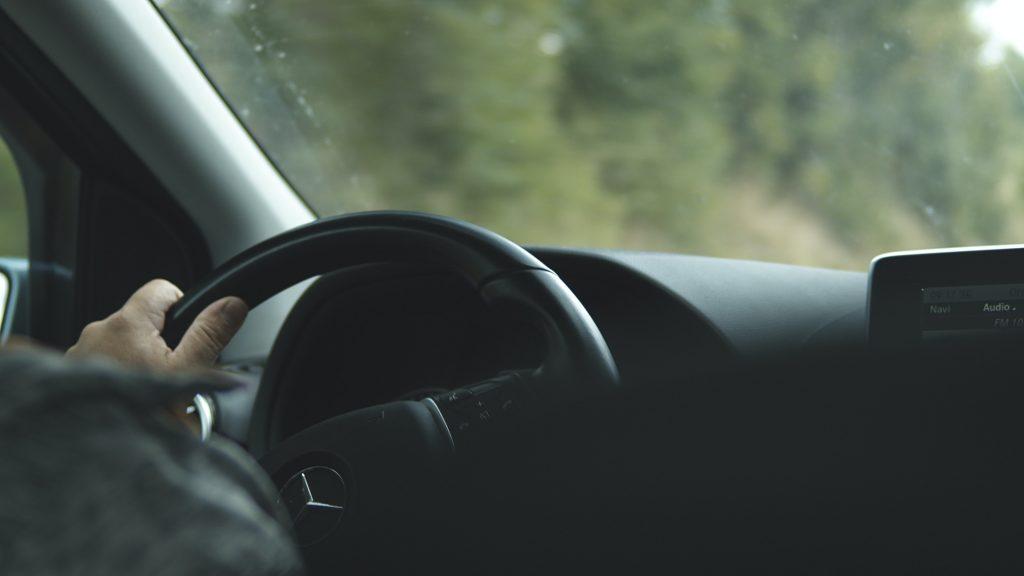Elimination of the Right to Sue for Bad Faith

Despite the numerous erosions over the last few years in statutory accident benefits – the ‘no-fault’ benefits your own insurance company must provide to you after an accident – injured accident victims in Ontario should be simultaneously alarmed at the termination of their most significant tool to ensure that their claims are taken seriously by their insurance company and that they are treated fairly. On November 20, 2014, the Fighting Fraud and Reducing Automobile Insurance Rates Act, previously known as Bill 15, was passed into law, effectively eliminating the right of a dissatisfied claimant to sue his or her own insurance company in a Court of Law for denying a claim for benefits, even in situations where the company’s denial was not merely based on a disagreement as to entitlement (breach of contract) but was actually based in bad faith. By comparison, bad faith has been defined as a “marked departure from ordinary standards of decency as conduct which is malicious, oppressive or high-handed”.[i]
The Court of Appeal in Ontario explained these concepts and an insurance company’s obligations in addressing claims as follows:
A contract of insurance between an insurer and its insured is one of utmost good faith. Although the insurer is not a fiduciary, it holds a position of power over an insured; conversely, the insured is in a vulnerable position, entirely dependent on the insurer when a loss occurs. For these reasons, in every insurance contract, an insurer has an implied obligation to deal with the claims of its insureds in good faith. That obligation to act in good faith is separate from the insurer’s obligation to compensate its insured for a loss covered by the policy. An action for dealing with an insurance claim in bad faith is different from an action on the policy for damages for the insured loss. In other words, breach of an insurer’s obligation to act in good faith is a separate or independent wrong from the wrong for which compensation is paid.[ii]
What constitutes bad faith will depend on the circumstances in each case. A court could consider the conduct of the insurer throughout the claims process to determine whether, in all the circumstances, as they then existed, the insurer acted fairly and promptly in responding to the claim. If it didn’t comply with even its most basic, fundamental (humanitarian?) obligations, then a Court could order separate, independent – and even punitive damages – for the insurer’s egregious conduct. That right to sue one’s own insurance company for bad faith has now been removed by the Fighting Fraud and Reducing Automobile Insurance Rates Act.
In Mader v. South Easthope Mutual Insurance Company[iii] , decided since the implementation of this new Act, the Court of Appeal conclusively ruled that all claims brought by an insured person for relief from their own insurer – even claims that it acted in bad faith while handling their claim – must now proceed in a perfunctory appeal before the Licence Appeal Tribunal, the Provincial administrative body that addresses benefit claims disputes. This body can only penalize an insurance company with a lump sum award which is “up to 50%” of the amount of the benefit withheld (which is the subject of the particular dispute). In most cases, these disputes are for no more than a small amount for denied chiropractic, physiotherapy or psychotherapy sessions which may cost a few thousand dollars, half of which cost is hardly an imposing penalty for an insurance company. Add to that the fact that these tribunal decisions are rarely reported (so as to create at least the possibility that this conduct will come to public light) and that the Licence Appeal Tribunal does not award costs against the unsuccessful party, and it is clear how the loss of the right to sue in a Court of Law is the removal of a significant incentive for insurance companies to treat their claimants fairly.
[i] Whiten v. Pilot Co., 2002, S.C.C. 18
[ii] 702535 Ontario Inc. v. Non-Marine Underwriters, Lloyd’s London, England (2000), 184 D.L.R. (4th) 687
[iii] [2014] ONCA 714













